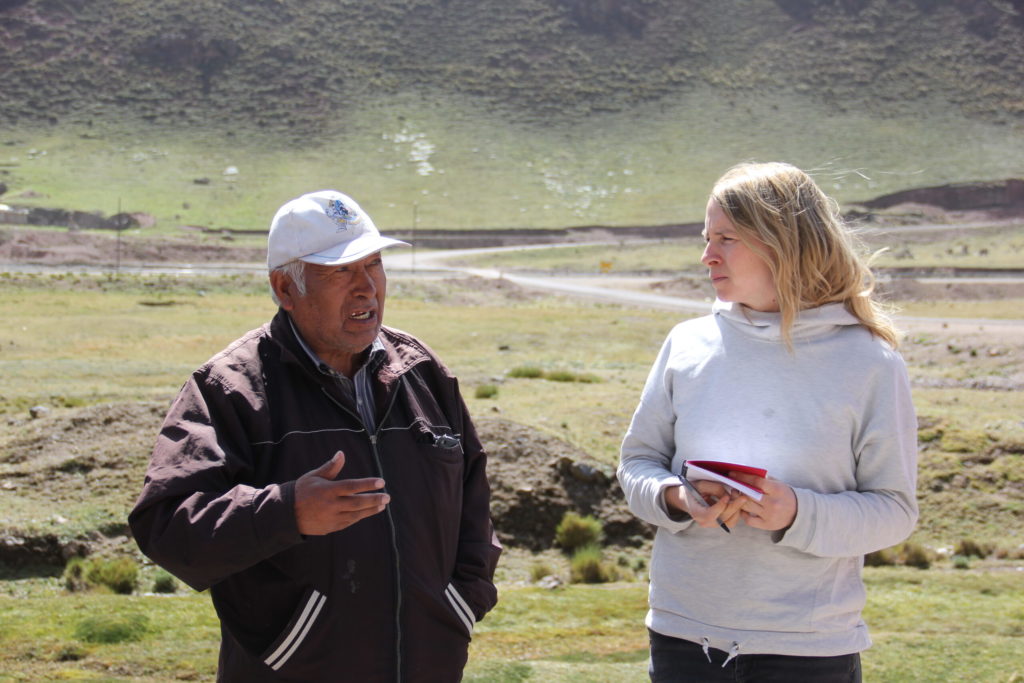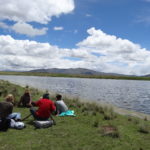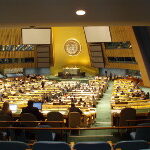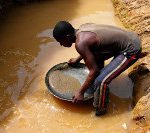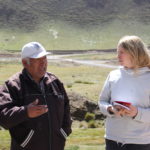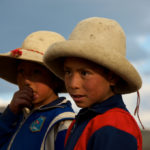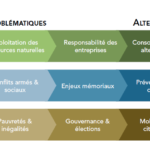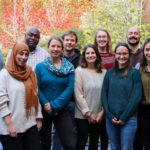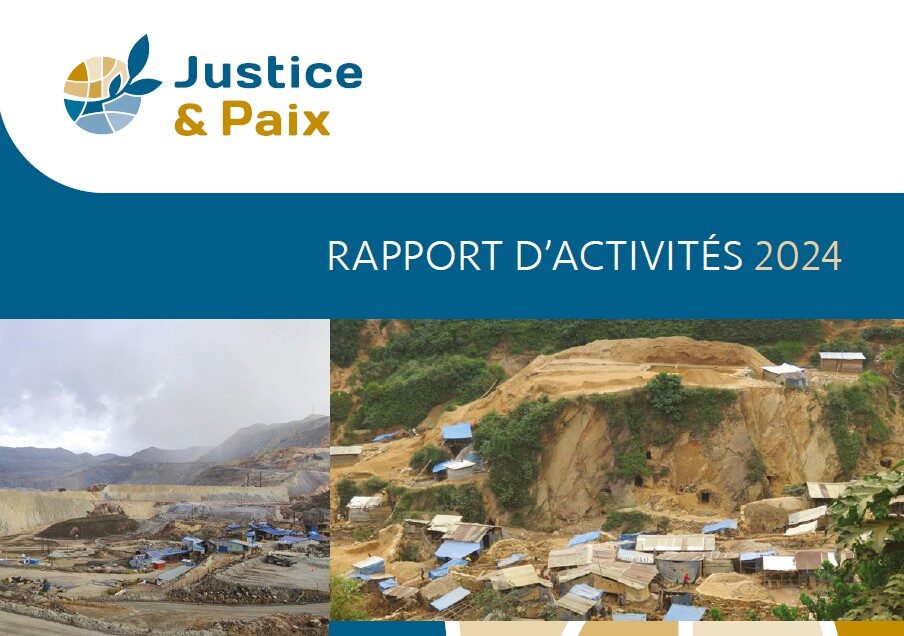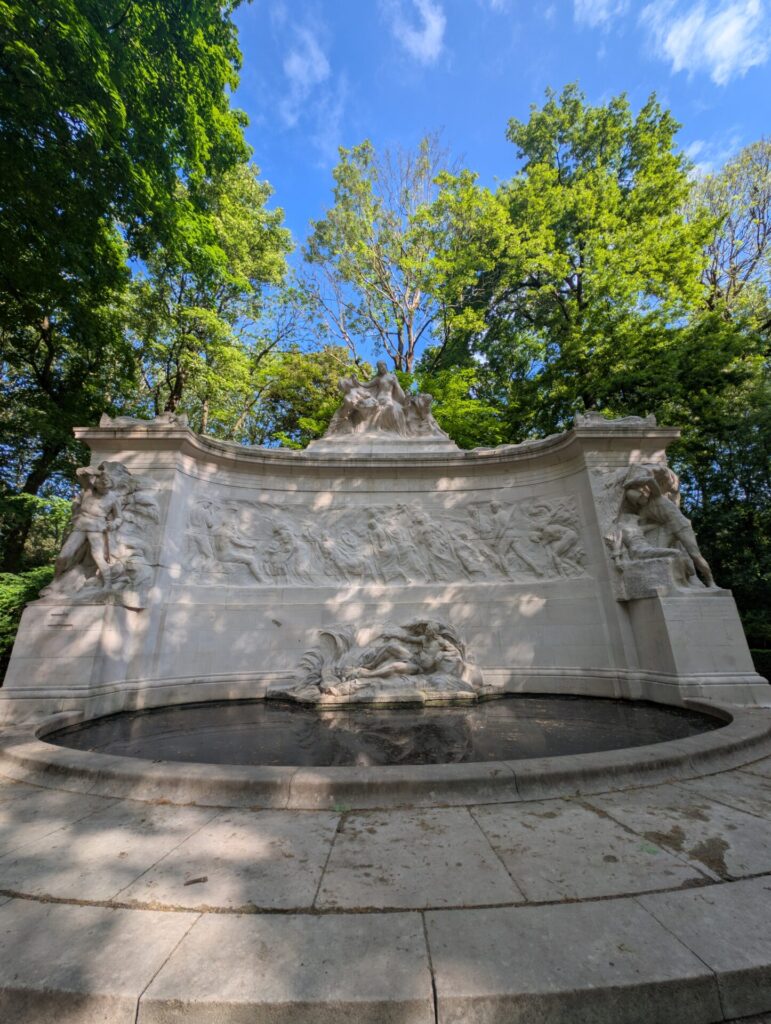The main mission of our organization Justice and Peace is to build a more peaceful, fairer, and secure world. Our action is focused on the promotion of human rights and justice as factors of a sustainable peace and development. The prevention and management of conflict and post-conflict situations are at the heart of our work.

Justice and Peace is a Belgian NGO and a continuing education organization which raises awareness and challenges citizens, educational actors and political leaders on situations of conflicts, democracy and the environment.
Justice and Peace encourages these actors to “understand in order to act better ” for peace and justice, here and elsewhere.
The aim of its work is to develop an awareness and critical knowledge of the realities of society, based in particular on the methodologies of lifelong education and education for global citizenship and solidarity, through analysis, awareness raising, training and political advocacy
Justice and Peace encourages individual and collective action by citizens as actors in society for the promotion of peace and justice in the world. It seeks to strengthen citizen responsibility and participation, both locally and globally.
 Vision
Vision
The analysis of Justice and Peace has its origin in the social realities lived every day by people in countries of the North and the South. It is based on a study of conflicts and international issues conducted in close collaboration with local actors.
The conflictual and competitive model inherent in the neo-liberal system is at the root of inequalities and injustices which themselves provoke economic, social, political and environmental violence, especially in the South, but also in the North. It is therefore essential to propose alternatives, through a systemic analysis that reveals the interconnections between people and mobilizes citizens in engagement.
Justice and Peace proposes a model of society based on cooperation between the countries of the South and the North to create the conditions for a transition towards a more just, sustainable and rebalanced world.
 Values
Values
Our organization advocates human rights, social justice and environmental protection. We therefore work for the emergence of a sustainable model accessible to all, based on the values of peace, justice, solidarity and cooperation among people.
Strategy
Justice and Peace develops analyzes and work methodologiesl, particularly in continuing education and development education, on international issues and conflict resolution. This involves bringing actors together, making an inventory of existing solutions and systematizing them. On this basis, we are setting up entertainment and training courses for teachers and associations, as well as targeted communication for political leaders.
Hearings
- The educational actors: Justice and Peace focuses on the one hand on continuing education associations and on the other hand on the actors of French-speaking secondary education (teachers, future teachers and educational teams of French-speaking secondary schools) and higher education students ( universities and colleges).
- Political leaders: civil servants, members of parliament, at the Belgian and European levels.
- French-speaking Belgian citizens: actors, through their political and consumer choices, in the construction of North-South relations.

CJP actions are listed in the following thematic table. Structured on three main axes, these work themes are interconnected and complementary. The organization directs its mission towards the achievement of the Common Good, a long-term process that seeks to tackle structural causes and propose concrete alternatives for a more just and sustainable society. This table does not include cross-cutting themes (such as gender issues) or geographical priorities.

Would you like to get in contact with one of our team members?
- Secretary General: Timur Uluç
- Secretariat and Accounting : Chantal Bion
- Press, Advocacy and Natural Resources : Agatha Smyth
- Training Officer: Anne-Claire Willocx
- Head of Pedagogy and Latin America: Geraldine Duquenne
- Project Manager and Animation : Valery Witsel
- Research and Animation Manager: Patrick Balemba B.
- Conflict Prevention and Central Africa Officer: Clara Debeve
- Communications Officer & Donation Gatherer : Pauline Laigneaux
- Administrative and Financial Officer: Miguel Arrimadas

In 1967, in response to the desire expressed by some 2,300 bishops from around the world gathered at the Second Vatican Council, Pope Paul VI created the Pontifical Commission Justitia and Pax. This body is responsible for encouraging the Catholic community to promote the development of poor regions and social justice among nations. As a result, local (diocesan) and national Justice and Peace Commissions are being formed throughout the world.
Belgium was one of the very first countries to set up a national Justitia et Pax commission as early as 1967. It is an initiative of the Bishops’ Conference, but one of its particularities – always present – is that it is presided over by a lay person.
Through it work of study and reflection as well as through its training activities, the Justice and Peace Commission very quickly reached a much wider public in Belgium than the strictly Christian milieu and established links with partners both in Europe and in the rest of the world, particularly in Africa and Latin America.
The Justice and Peace Commission was set up as a non-profit organization on 29 June 1978. In 1979, the National Commission gave way to two regional commissions, one Flemish (Rechtvaardigheid en Vrede) and the other French-speaking (Justice and Peace) .
Justice and Peace has been recognized since 1 July 1982 by the French Community (now Fédération Wallonie-Bruxelles or FWB) as a permanent education association and since 25 November 1997 as a Non-Governmental Organization (NGO) for development education by the Belgian Directorate General for Development Cooperation and Humanitarian Aid (DGD).
Justice and Peace is constantly striving to achieve a better quality of functioning and to work in accordance with the values and vision it advocates. It thus seeks to promote co-responsibility, participation and transparency. This is why it has adopted an ethical and ecological charter, year ethical and deontological charter et un gender mainstreaming charter, and has developed a volunteer booklet.
As a non-profit organization, the functioning of the decision-making bodies of Justice and Peace is provided for in its statutes. Tea organigram->doc2582] of Justice and Peace comprised 5 institutional levels, each with its prerogatives, in a dynamic of participatory relations: the General Assembly (composed of representatives of the sectors of education for development, permanent education and Christian organizations), the Board of Directors, the Bureau, the General Secretariat, and the permanent staff. The [thematic and geographic working groups as well as the Regional Commissions are composed of volunteers who dedicate part of their time to the mission of Justice and Peace. The association also benefits from the support of administrative volunteers active within the Administrative and Financial Centre.
